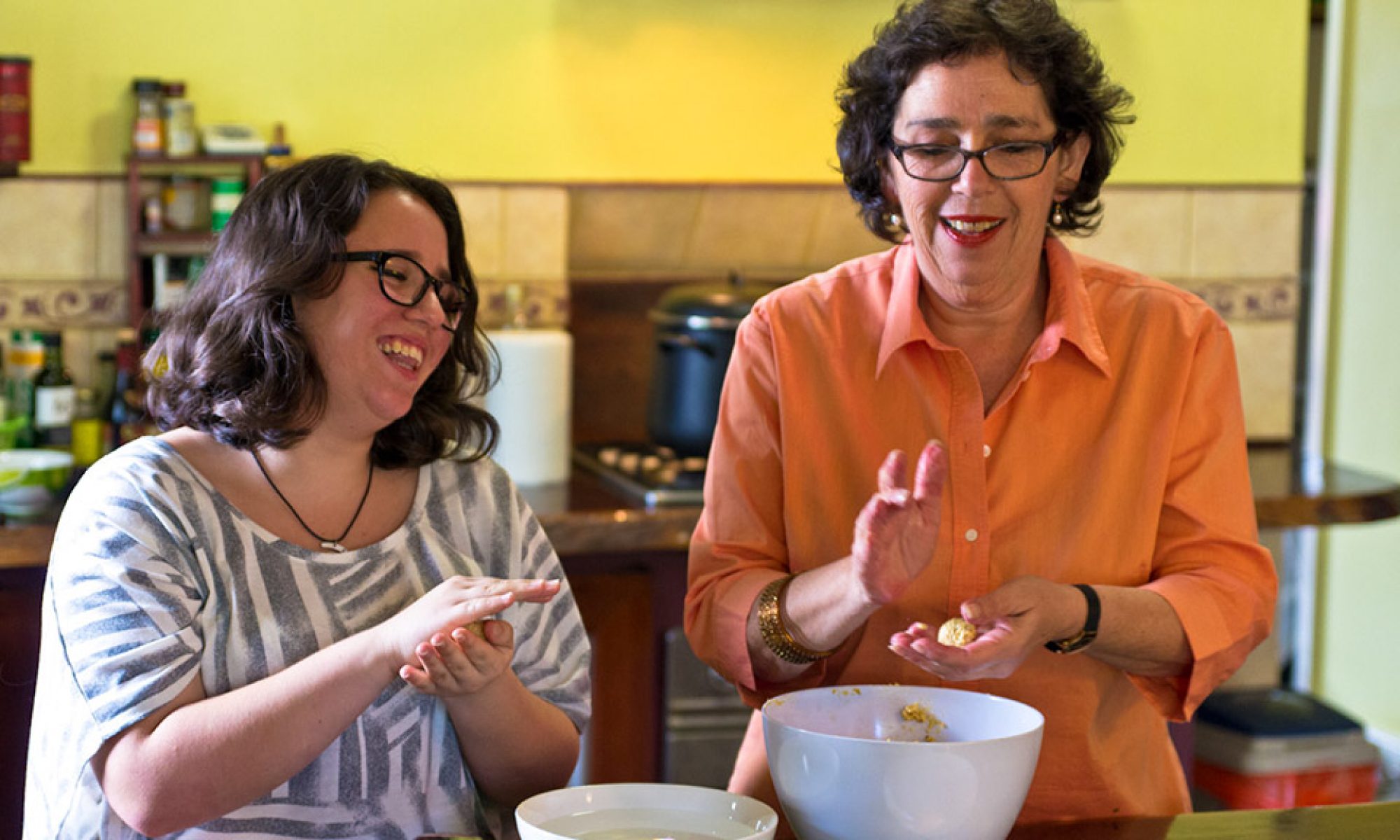So tonight we get to see the grand “finaleee”, not final, of yet another Masterchef. And I care because…? Because I’m a shameless baby boomer TV-head who needed something to replace My Kitchen Rules when it finished. And my good friend Anne-Marie watches it too, so we further amuse ourselves exchanging vacuous text messages.
Yes I thoroughly enjoyed MKR because I love seeing Pet Evans eating all that non-Paleo food and who doesn’t like Manu? But what I really liked is the frisson. You know, watching people tearing each apart under the cold glare of the camera (yes still enjoying the afterglow of divorce) and then there’s the jaw dropping lack of boundaries some folks have. I mean was that woman really a lawyer? Does she still have a job? How far can a pouty puss extend her bottom lip? All the reasons I enjoy a bit of TV cookery bullshit.
Masterchef is something else. Its producers also know no boundaries – why should they when they claim credit for the food revolution sweeping Australia? When they have attracted a number of food heavy weights who should know better? (Marco Pierre White are you really such a pompous git? Maggie Beer I forgive you because you are a genuine legend and promoting the great work you are doing for geriatric nutrition).
So tonight’s “finale” will see Elena cook off against Matt. I’m not surprised to see that Matt has survived this far – he has clearly been singled out for glory early on, though why I can’t imagine. He certainly seems to have some flare but little commonsense or ability to read a recipe.
But what really annoys me (apart from the awful dramatic music, pomposity of the judging panel, watching George eat and the miracle of everyone always finishing their dish) is those over the top chef-inspired challenges. Torture to watch, I don’t really understand their relationship to food. I thoroughly enjoy the invention tests and mystery box because folks are actually being creative. But tonight we will be subjected to the alchemy and uber-pretension Heston has become famous for.
Ah Heston. I used to love you! I understand Masterchef has increased your profile in Australia but do you really need this televisual ego-massage? And how do the smoked parfaits, the powders and foams relate to cooking?
How much vacuous padding will we hapless viewers endure before seeing the result?
And dare I ask the obvious question? If food is all you want to do why not do an apprenticeship or work in a restaurant to achieve your “food dream”?
I want Elena to win but I’m not sure I can sit through 2 hours of schmaltz. Reality TV? A secret pleasure – sweet as a Street’s Magnum and it also leaves a nauseating taste in my mouth.

